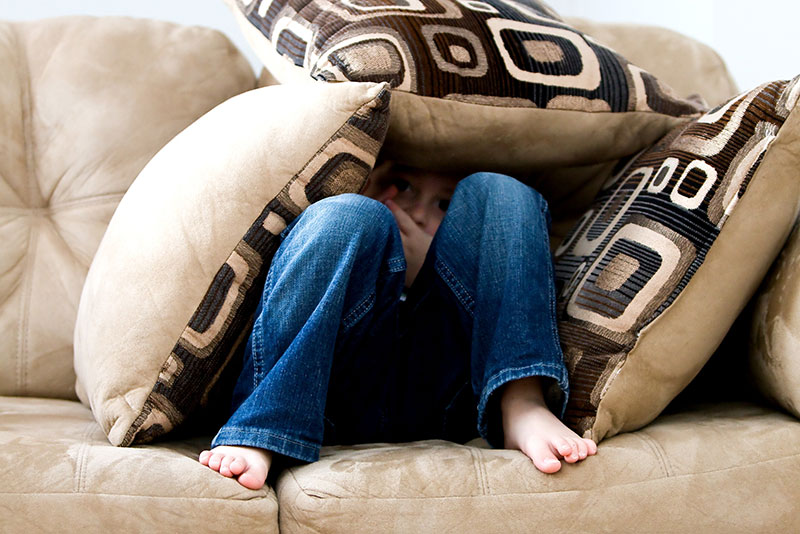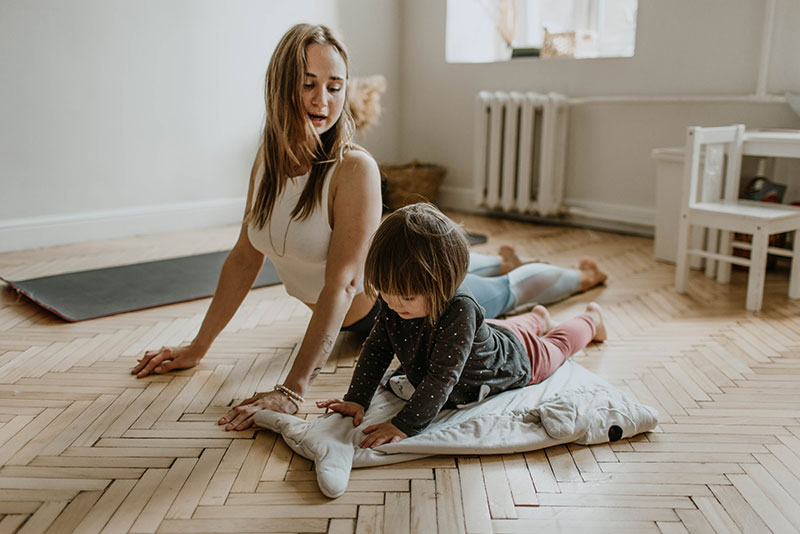By Nordine Zouareg | CONTRIBUTOR |
How to Help Your Child Cope with the COVID-19 Pandemic’s Mental & Emotional Effects.
The Problem
The COVID-19 pandemic and quarantines have brought about a tremendous sense of fear and anxiety around the world. These unforeseen and unfortunate circumstances have led to short and long-term negative psychosocial and mental health effects in children and young adults. We can measure the magnitude of such impact on our minors with factors such as socio-economic background, special needs, pre-existing mental health condition, and age.
Disruption in their education, cancellations of extracurricular activities, the lack of interaction with their peer group, a diminished sense of self-worth, have negatively affected 91% of the world’s students. Because of disrupted routine and unstructured daily life, these children have been more reliant and dependent on their parents. More stress for the parent means a diminished ability to provide good care for the child.
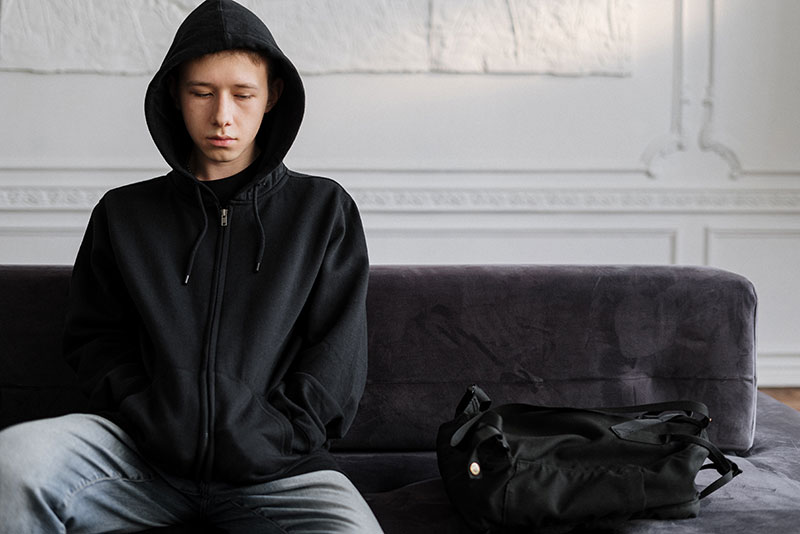
The Facts
According to the UN, there are 2 billion children under the age of 15 in the world and about 1.2 billion age 15-24, which makes up about 25% and 16% of the world’s population. At 41%, almost half of the population have faced inevitable circumstances that are beyond normal experience.
Recent research shows that compared to adults, this pandemic may have long and adverse consequences on children and adolescents. There is an urgent need for developmental studies and evidence-based comprehensive strategies to provide for psychosocial and mental health needs of the susceptible children and adolescents during the pandemic and post-pandemic.
Meanwhile, how can we, as parents, help our children to cope with chaos?
Provide a little extra love and encouragement
During extraordinary and stressful times, children need safe, strong, and reassuring connections with their parents or other caregivers. Helping children cope involves extra love, affection, and attention. Be present for your children and frequently check on how they’re feeling. Set up a daily time to talk to them and be attentive. Try devoting more quality time together and come up with activities that you all enjoy, have fun.
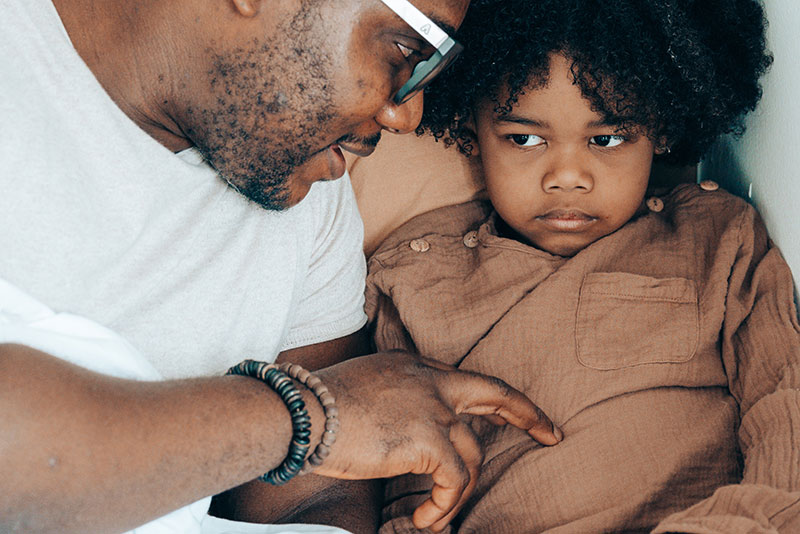
When the going gets tough, the tough get going.
When things get tough, practice deep listening with your children, let them express what they’re experiencing, and don’t interrupt. I often use deep listening in my wellness coaching practice, I also use it with my own children. I call this method the Relationship and Life Evaluation Exercise.
Here is how you do it:
You and your child will sit together in a quiet room with no interruption for the next hour. Make sure you have a notebook and a pen. Once you have done that, you will each share your thoughts, feelings, or concerns. You will need to be honest and tell it like it is.
Follow these rules:
You each have 30 minutes. Allow your child to start the discussion, rather than making assumptions about how he or she might feel.
- During the 30 minutes nothing and no one can interrupt your child—not you, not the telephone, not your pet, and not your emotions. Just let them speak. Don’t try to solve or say anything right there and then; that would only make it worse. Just listen and take notes!
- When your child is done, it’s your turn. Just speak about your own feelings or concerns for about 30 minutes.
- After each of you has had your time, hug each other, and commit to a follow-up
Perform this assessment as much as you need it or when the going gets tough.
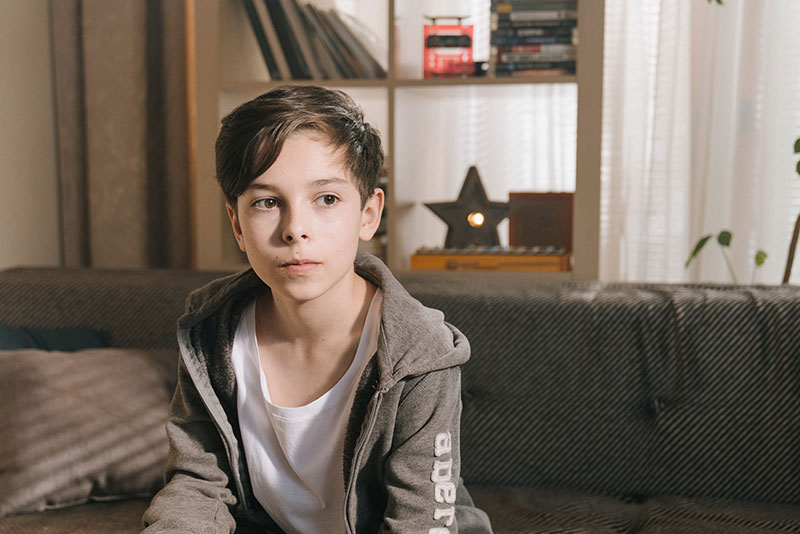
Seek daily purpose
When you and your children are clear and passionate about your lives, there is a sense of excitement that permeates your whole being. Leaving you with abundant and more focused energy that enables you to cope with challenges. You get inspired again and are engaged in meaningful and productive activities. Therefore, diverting negative thoughts, fear, and anxiety symptoms.
Stay active with your children
Exercising — or doing any other activity — with your children is of extreme value and can give their days structure and purpose. This can help them cope with the change in their routine. They may find value by engaging in activities your children like. Activities such as creating music, drawing, baking, writing, reading, biking, gardening, or building something. Encourage your child to use their own creativity.
There is extensive research on physical exercise and mental health — and it’s important that we, as parents, pay attention to their suggestions. Unless you’ve been living under a stone for the past 10 years, you know that physical exercise will help you and your kids’ brain — energy kept in will eventually create health havoc. No mystery there. We’ve all experienced it, at least once.
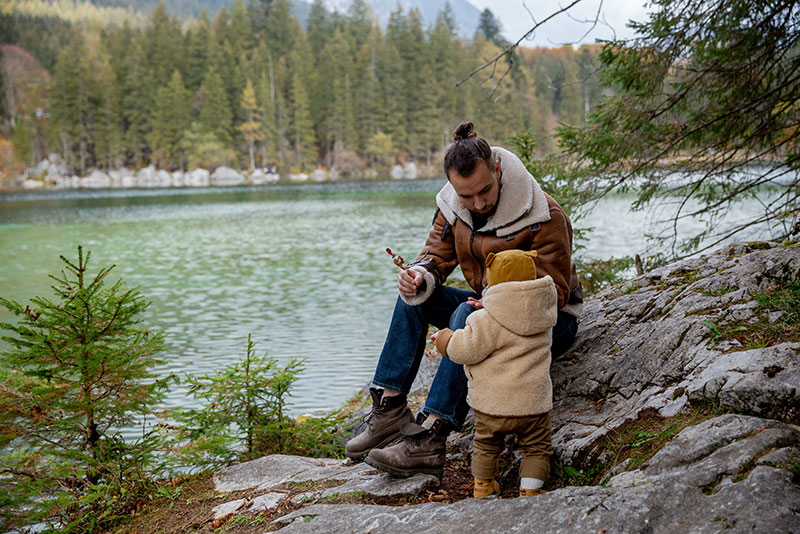
Create equilibrium
In coping with internal or external conflicts, there can be no alternative to creating optimum health and wellbeing. I can’t help but remind you that in order to efficiently tend to your child, you must first take care of yourself. There is a reason with the airlines recommend you put on the oxygen mask first then on your child.
To create equilibrium in your life, you must recognize the importance of its mental, emotional, physical, and spiritual aspects. In my upcoming book unfitness: Five Steps to Overcoming Fear and Anxiety While Building Your Self-Worth, I outline a concept called The Four Golden Rules of Mindful Fitness: Sleep, Breathe, Eat, and Move. For the sake of this article, I will simplify and mention each rule briefly.
Golden Rule #1: Sleep
Keeping our children healthy can have an enormous impact on our own health. Better school performance, a better sense of belonging, and a better sense of wellbeing can produce a healthy family — hence way less stress for parents. I don’t know about you but trying to talk with a teenager who suffers from a lack of sleep is like talking to an invisible wall — you won’t get anywhere. Help your children build healthy sleep hygiene.
Make sure they are getting at least 9 hours of sleep a night.
Golden Rule #2: Mental Conditioning: Breathe:
Meditation is a practice that allows you to relax your body and quiet your conscious mind, thus reducing anxiety symptoms. Your child can benefit from practicing meditation.
Meditate with your child 10 to 20 minutes daily. Practice deep breathing exercises in times of anxiety or panic. Perform 3 minutes and work your way up to 5 minutes.
Golden Rule #3: Eat: Mindful Eating
Of all four rules, nutrition is perhaps the most important one for general health and wellbeing. Practice mindful eating with your child. Enjoy 4 to 6 small, healthy, and balanced meals together with your family. Find time to sit at the table for at least 2 of those meals, for example, breakfast and dinner. This can be very therapeutic. Research conducted by Musick and Meiers shows that a significant reduction in depressive symptoms among adolescents. Where I come from, France, family dinners are sacred and provide great mental and emotional support.
Golden Rule #4: Move: Physical Exercises
Exercising is a powerful tool in preventing or reducing stress and anxiety. People who exercise five times a week for at least 30 minutes are 25% less likely to develop anxiety than those who don’t. In cases of mild anxiety, exercise can be helpful, easing symptoms in as little as a few minutes. Exercise with your child for at least 30 minutes a day.
It’s my wish that you’ll find peace during these turbulent times, yours and your child’s health and wellbeing depend on it.
| By Nordine Zouareg, Author of the book
InnerFitness |
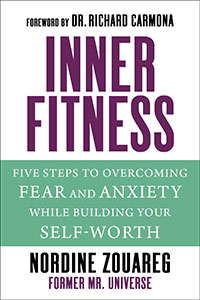 |
By Nordine Zouareg, Author of the book
InnerFitness
Five Steps to Overcoming Fear and Anxiety
While Building Your Self-Worth.’
Subscribe to get notifications about future articles.
About the Author: Nordine Zouareg – Contributor
Nordine Zouareg is the founder of Executive InnerFitness®, which for the past decade has helped thousands of overworked US Corporate Executives find work-life balance. As a former two-time Mr. Universe champion, an internationally acclaimed high-performance coach, fitness and wellness expert, author of the books Mind Over Body (Grand Central Publishing, 2007), and InnerFitness (SkyHorse Publishing, 2021), Nordine has made it his mission to provide effective and proven methods for maintaining both emotional and physical fitness. He has spent years understanding the unique pressures and stresses of working in high performance fields and has used his knowledge to help people tap into their ability for peak performance and ward off stress and emotional chaos. He draws on three decades of diverse experience in the fitness and wellness fields, including 10 years leading the revolutionary fitness program at Miraval Resort, the world-class destination spa in Tucson, Arizona.

